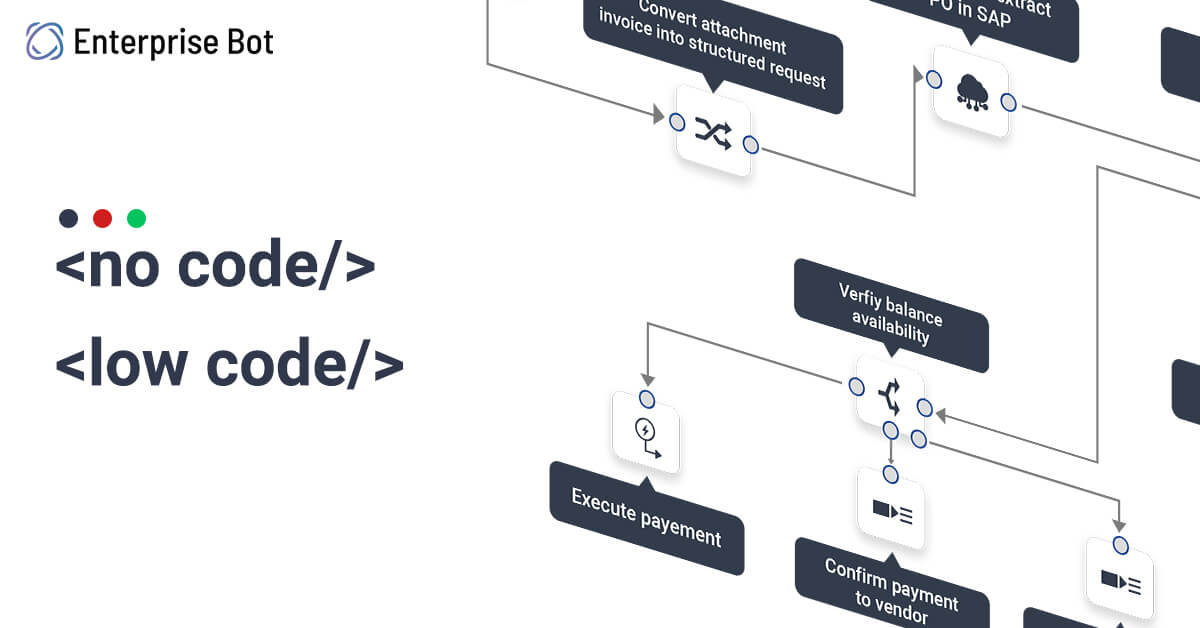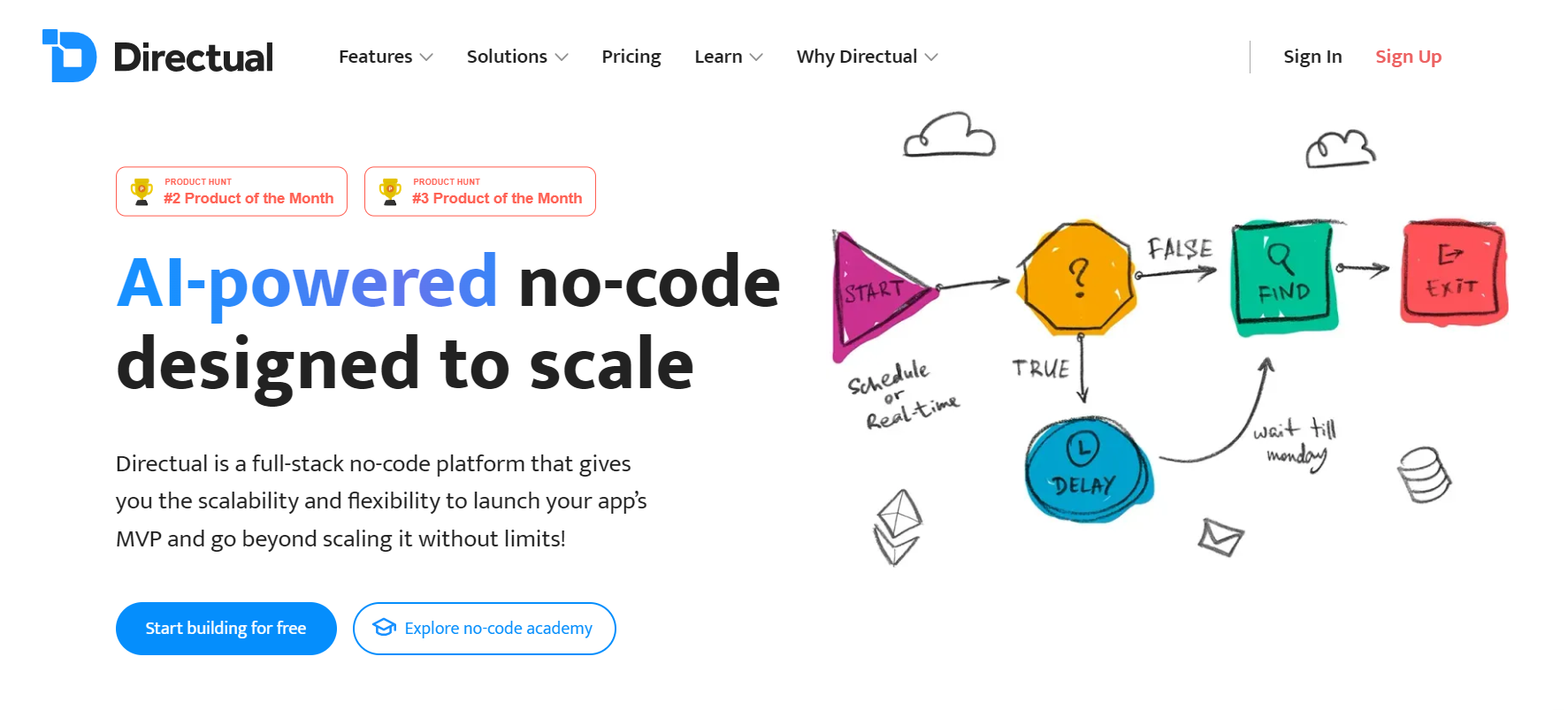Create Open Platform Databases Conveniently with the Best No-Code Equipment Available
Create Open Platform Databases Conveniently with the Best No-Code Equipment Available
Blog Article
Checking Out the Advantages of Scalable Data Sources That Need No Coding Skills for Reliable Data Management Solutions
The appearance of scalable data sources that get rid of the necessity for coding abilities offers a transformative possibility for companies seeking efficient data management remedies. By making it possible for non-technical individuals to harness the power of information with user-friendly interfaces, these systems enhance accessibility and foster cooperation throughout diverse groups. Moreover, their cost-effectiveness and adaptability to evolving company requirements can substantially enhance functional processes. As we think about the implications of such innovations, it ends up being important to examine just how they can reshape the landscape of information administration and drive sustainable growth in an affordable environment.
Improved Access for Individuals
Improved availability for users is a critical element of scalable data sources, making certain that data monitoring systems are instinctive and straightforward. In an era where data-driven decisions are critical, ease of access enables a bigger series of individuals, consisting of those without considerable technological competence, to engage with database systems properly. This democratization of information access facilitates improved collaboration across divisions, equipping employees to draw out insights and make informed choices.
Easy to use interfaces, such as aesthetic data and drag-and-drop attributes representation, streamline complicated information communications. These enhancements reduce the understanding curve connected with typical data source administration, making it possible for customers to concentrate on leveraging information instead of coming to grips with technical complexities. Scalable data sources commonly integrate real-time analytics and customizable dashboards, providing individuals with immediate insights customized to their specific needs.

Cost-Effectiveness and Resource Cost Savings
Effective information monitoring not just depends upon access yet additionally on cost-effectiveness and source financial savings. Scalable data sources developed for individuals without any coding skills considerably minimize economic worries generally related to traditional database management systems. By eliminating the need for specialized programming knowledge, organizations can allot their resources more effectively, focusing funds on core company activities rather than extensive training or hiring experienced workers.
Additionally, these databases commonly utilize cloud-based remedies, which additionally reduce prices connected to equipment and maintenance. Organizations can scale their data source solutions according to their requirements, avoiding the expenditures incurred from over-provisioning sources. This versatility means organizations can adapt to transforming needs without incurring unneeded prices, causing substantial lasting cost savings.
Additionally, easy to use user interfaces improve data entrance and management procedures, reducing the moment spent on administrative jobs. This efficiency translates into labor cost savings, allowing teams to concentrate on calculated efforts as opposed to regular upkeep. On the whole, taking on scalable data sources that call for no coding abilities fosters a more affordable method to data management, enabling companies to optimize their sources while view it preserving high levels of operational performance.
Improved Cooperation Throughout Teams

Additionally, scalable data sources facilitate seamless interaction amongst team participants. With straightforward interfaces that call for no coding abilities, employees can quickly develop, modify, and share reports or control panels customized to their specific demands. This democratization of data equips non-technical customers to contribute understandings, enhancing the joint environment.
Furthermore, these data sources sustain concurrent accessibility, allowing numerous users to deal with the exact same dataset at the same time. This attribute enhances productivity, as teams can take part in joint information analysis without the threat of version control concerns. The capability to leave notes or comments directly within the database additionally promotes discussion and clarifies information analyses.
Streamlined Information Monitoring Processes
In today's data-driven atmosphere, companies recognize the requirement of structured data monitoring refines to optimize effectiveness and accuracy. By leveraging scalable data sources that require no coding skills, organizations can simplify their information handling and reduce the intricacies usually linked with conventional database systems. This ease of access empowers non-technical users to engage straight with information, helping with quicker decision-making and minimizing reliance on specialized IT workers.
Structured data monitoring procedures enhance process by automating routine tasks such as data access, recognition, and reporting. Automated information assimilation makes sure that information from various resources is aggregated seamlessly, removing silos click here now and fostering a linked view of critical service metrics (no-code). Moreover, user-friendly interfaces permit personnel to control data conveniently, enabling them to create insights that drive calculated initiatives without the requirement for extensive training.
This effectiveness not just accelerates operational procedures but likewise minimizes the capacity for human mistake, guaranteeing that information remains exact and reliable. Inevitably, streamlined information administration procedures via scalable data sources lead to enhanced performance, permitting companies to focus on core activities while guaranteeing that their data administration methods Our site are reliable and reliable.
Scalability for Expanding Companies

For increasing enterprises, the capability to scale up or down is crucial. A scalable database can handle an influx of data generated from brand-new consumers, products, or services, guaranteeing that service procedures stay nonstop. Moreover, these databases offer the ability to handle peak lots efficiently, which is important during periods of fast development or seasonal spikes.
In addition, lots of scalable database remedies are created with straightforward user interfaces that require no coding abilities, equipping non-technical personnel to manage information properly (no-code). This democratization of information management permits organizations to assign sources purposefully and decrease dependence on specialized IT employees
Eventually, adopting a scalable data source not only enhances functional effectiveness but additionally fosters an environment where services can progress and innovate without the restraints of conventional data source systems. This adaptability settings companies for long-lasting success in today's competitive landscape.
Final Thought
In final thought, scalable databases that need no coding skills offer considerable benefits for efficient data administration. By enhancing data monitoring processes and supplying scalability for growing companies, such options allow companies to adjust to altering demands efficiently.
Enhanced ease of access for users is an important facet of scalable data sources, making sure that information administration systems are straightforward and instinctive.Straightforward user interfaces, such as aesthetic data and drag-and-drop features depiction, streamline complicated data interactions. Generally, embracing scalable databases that require no coding abilities fosters an extra economical technique to data management, making it possible for companies to maximize their sources while preserving high degrees of functional efficiency.
By leveraging scalable data sources that need no coding skills, businesses can streamline their data handling and minimize the complexities generally linked with standard database systems - no-code.Structured data management procedures improve workflow by automating regular tasks such as information access, validation, and reporting
Report this page